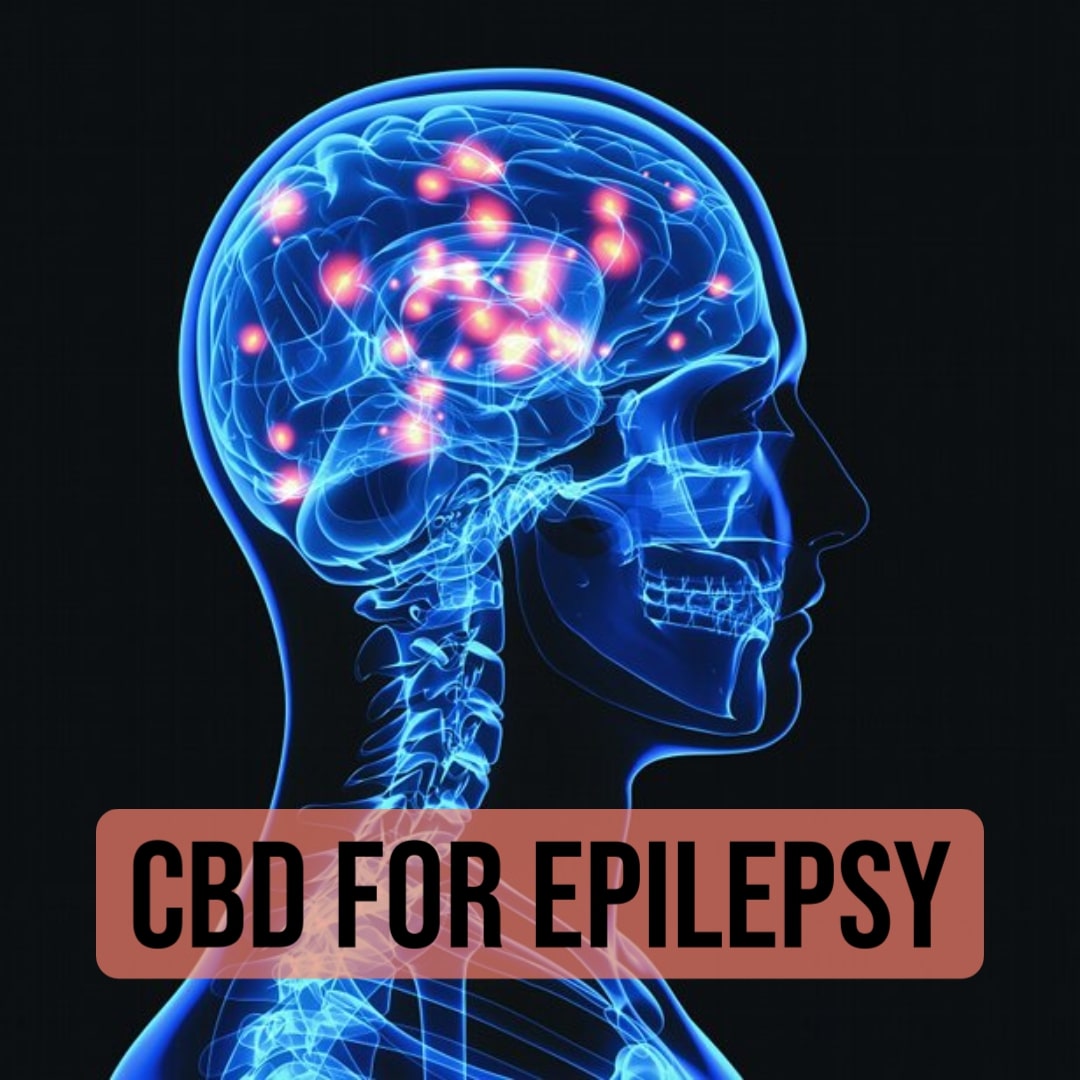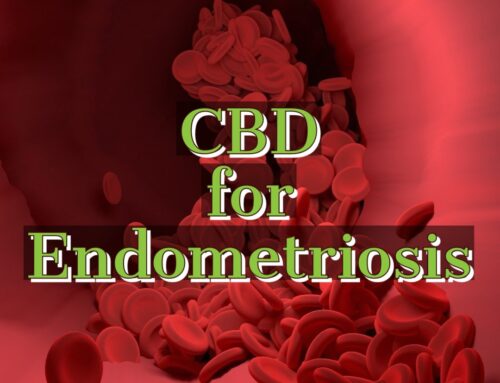It’s estimated that about 1.2 percent of U.S. people have active epilepsy and about 1 in 26 people will develop epilepsy at some point during their lifetime. Epilepsy is a neurological disorder marked by sudden recurrent episodes of sensory disturbance, loss of consciousness, or convulsions, associated with abnormal electrical activity in the brain.
Epilepsy is characterized by seizures that cause falling, compulsive movement of limbs, interrupted breathing, loss of bowel and bladder control, confusion, blank starring, chewing, wandering, incoherent speech, crying, running, screaming, flailing, disrobing and slow return to consciousness.
Treatment for epilepsy includes prescribed medications and in some cases surgery, devices and dietary changes. Medications used to treat epilepsy include Topiramate, Gabapentin, Pregabalin, Diazepam, Midazolam, Clonazepam, Phenobarbital, Carbamazepine, Lamotrigine, Oxcarbazepine, Levetiracetam, Primidone, Ethosuximide, Felbamate and Phenytoin.
Each prescribed medication contains negative side effects that include anxiety, confusion, diarrhea, dizziness, drowsiness, fatigue, lack of concentration, memory impairment, nausea, nervousness, speech disturbance, depression, visual disturbance, weight loss, abnormal eye movement, fever, headache, lower back pain, aggression and hallucinations.
Cannabidiol (CBD) is a non-psychoactive compound derived from the hemp plant known for its potential therapeutic effects. Research shows that CBD may help control seizures without the negative side effects of prescribed medications.
A breakthrough study presented at the annual meeting of the American Epilepsy Society, in December 2015, announced medical cannabinoids seems to be the most powerful way to control and treat seizures, especially in children. CBD’s non-psychoactive element has shown to be the most effective treatment for treatment-resistant epilepsy. CBD may help in seizure reduction and relief because it works as an anti-convulsant and protects the nervous system.
100mg CBD infused patches can be placed on the back of the neck or center of the chest to help reduce seizures. 1500mg to 3000mg broad or full spectrum CBD tincture oil can be taken sublingually along with 300mg CBD infused gummies to help keep epilepsy under control.
Epilepsy Always consult your primary care physician before starting a new treatment. Our team of specialists are always available to provide you with education and assist you with any questions regarding CBD.





Great content! Super high-quality! Keep it up! :)
very nice put up, i definitely love this web site, keep on it
Hi there, I enjoy reading all of your article. I
like to write a little comment to support you.